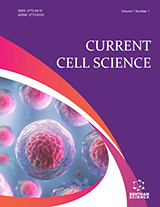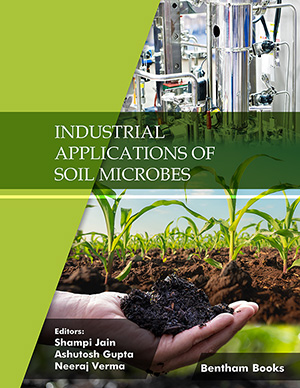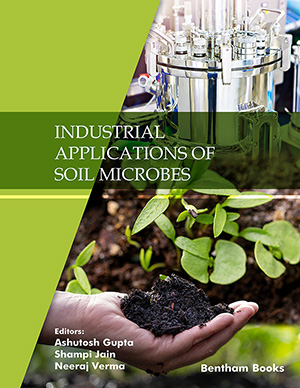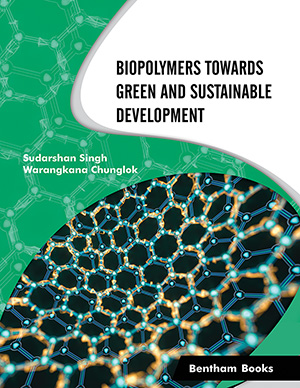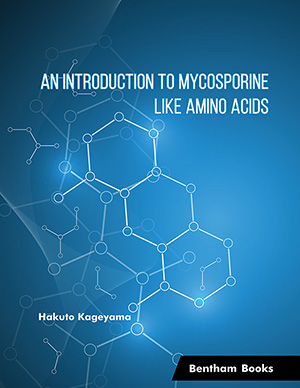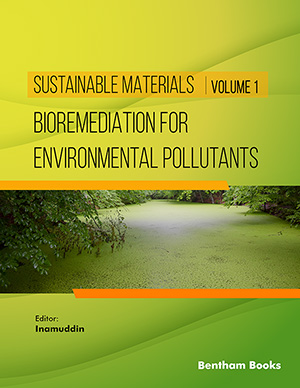Abstract
Nature has given plants the ability to produce a wide variety of secondary
metabolites including alkaloids, phenolics, terpenoids and saponins. These metabolites
provide them a defense mechanism against biological and non-biological stress factors.
On the other hand, the same metabolites have proved to be effective against different
dreadful human diseases. The efficacy of such metabolites ranges from antimicrobial to
anticancerous effects. Bioactivity-guided characterization is one of the useful strategies
that have been employed to identify, purify and characterize active components. These
bioactive components have proved useful in future drug discovery. Elicitors are defined
as signaling metabolites with the ability to induce biochemical and physiological
processes in plants resulting in the activation of plants defense mechanisms. Elicitation
is a useful tool as it leads to the generation of stress conditions and hence the
accumulation of bioactive secondary metabolites in plants. Various strategies have
been adopted to enhance the production of bioactive secondary metabolites including
plant cell and tissue culture and use of signaling metabolites. Nowadays, nano-elicitors
have emerged as an effective tool to enhance the production of pharmacologically
important compounds. Various classes of nanoparticles (NPs) have been reported to be
utilized as nano-elicitors like metallic NPs, metallic oxide NPs and carbon nanotubes
with positive effects on phytochemical profile. The possible mechanism of
nanomaterials as elicitors is the interaction with plant genomes by increasing the
expression level of genes involved in the biosynthesis of active metabolites. Despite
triggering biosynthetic potential of plants, certain negative effects have been observed
in plants’ primary metabolism like lower chlorophyll content, a decrease in cell
viability, a decline in sugar content and suppressed seed germination. Thus, there is a
need to develop biocompatible nanoparticles for use as nanoelicitors in plants to avoid
the negative impacts of the used entities.
Keywords: Bioactive metabolites, biocompatibility, carbon nanotubes (CNT), nano-elicitors, nano-tubes.




